The Pentagon has just established its first general artificial intelligence (AI) task force, in the face of fierce competition with China in this important field.
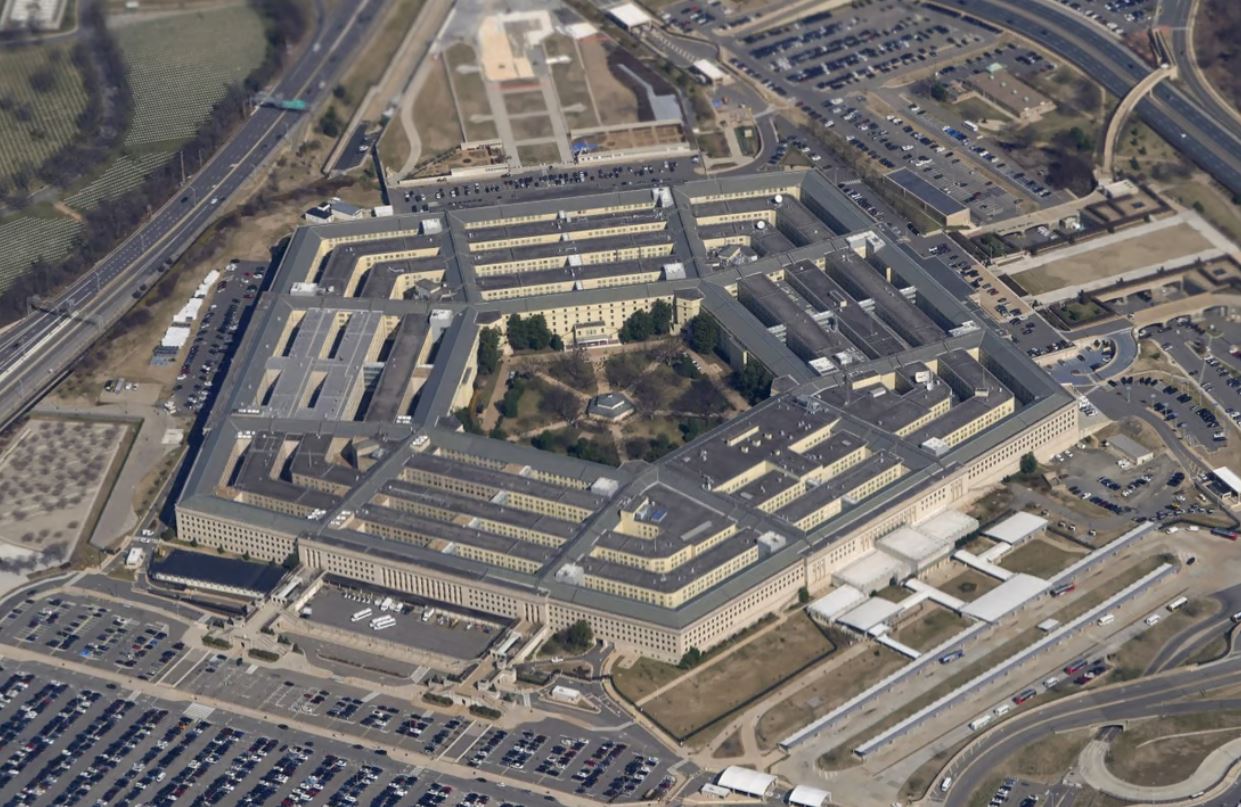
According to a Pentagon statement on August 10, Task Force Lima will evaluate, synchronize, and apply Generative AI (Generative AI) across the US Department of Defense, to ensure that the agency is at the forefront of advanced technologies to protect national security.
Craig Martell, the Pentagon’s assistant secretary for digital and artificial intelligence and head of the Lima task force, said the Pentagon has a mandate to use generative AI models to mitigate national security risks. “We also have to consider the extent to which adversaries will use this technology and find ways to circumvent our own AI-based solutions,” he added.
According to the World Economic Forum, Generative AI is defined as a type of AI algorithm that generates new outputs based on the data on which it has been trained, with many applications including generating images, text, and audio. The most widely known application of generative AI is the ChatGPT chatbot, which was launched in 2022.
By leveraging generative AI models with the potential to use massive data sets to train algorithms and create products, the Pentagon wants to strengthen operations in areas like war, health, and policing.
Task Force Lima mission commander, U.S. Navy Capt. M. Xavier Lugo, said the Pentagon has recognized the potential of generative AI to significantly improve intelligence, operational planning, and administrative and business processes. “However, responsible deployment is key to effectively managing the associated risks,” he noted.
Washington has become increasingly wary of Beijing’s access to its AI technology for military purposes and has announced plans to restrict US investment in sensitive areas such as “certain AI systems” in China, according to an executive order signed by President Joe Biden on August 9.
Mr. Biden said the move was in response to China’s rapid advancements in semiconductor and microelectronics capabilities, quantum information technology and artificial intelligence, and its increased ability to conduct activities that threaten US national security.
According to a recent report by the Washington-based Center for a New American Security, the emergence of military AI is likely to deepen competition between the US and China and increase strategic risks.
China has provided little information about its military modernization efforts, including AI, which could one day lead to a strategic surprise for the United States if Beijing seeks to make breakthroughs in secret.
Speaking at a US House of Representatives hearing in May, former Google CEO Eric Schmidt said China is investing more in military AI than the US.
Washington is several years ahead in key areas like AI and quantum computing, Schmidt said, but he warned that “there is every reason to think they have more people working in strategic AI.”
The risks of using AI in the military remain controversial. More than 60 countries, including the United States and China, have signed a “call to action” supporting the responsible use of artificial intelligence in the military.
Duc Tri/Tin Tuc Newspaper
Source link





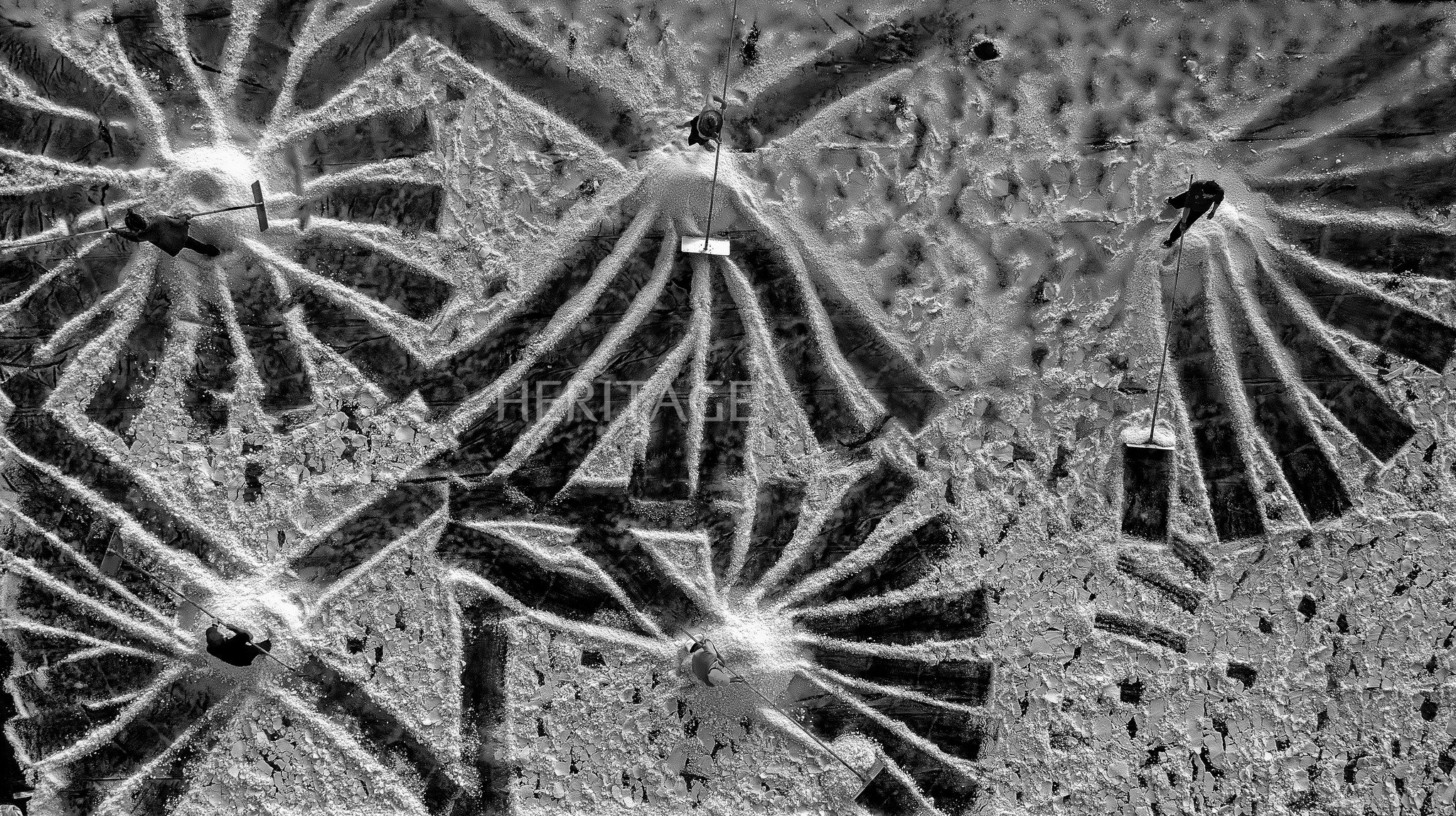




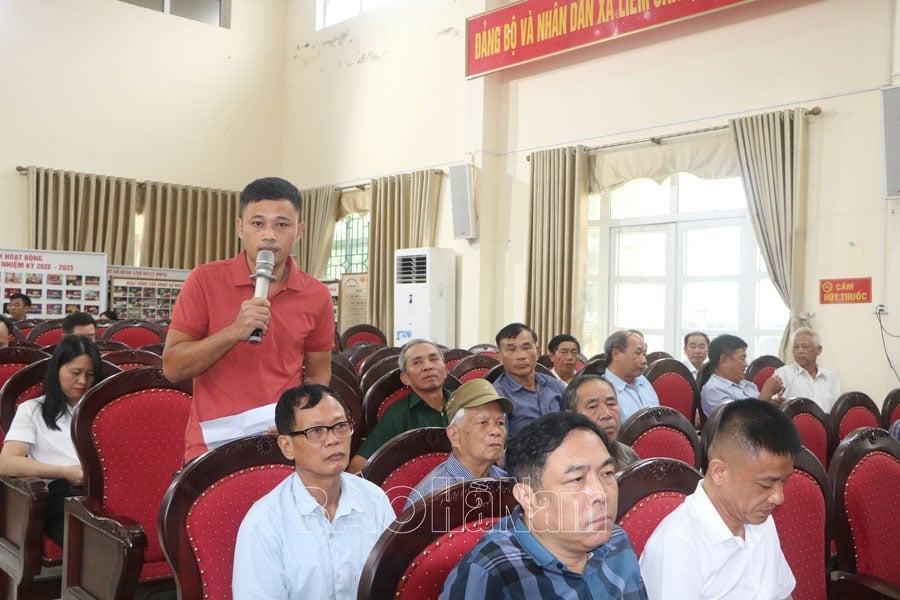

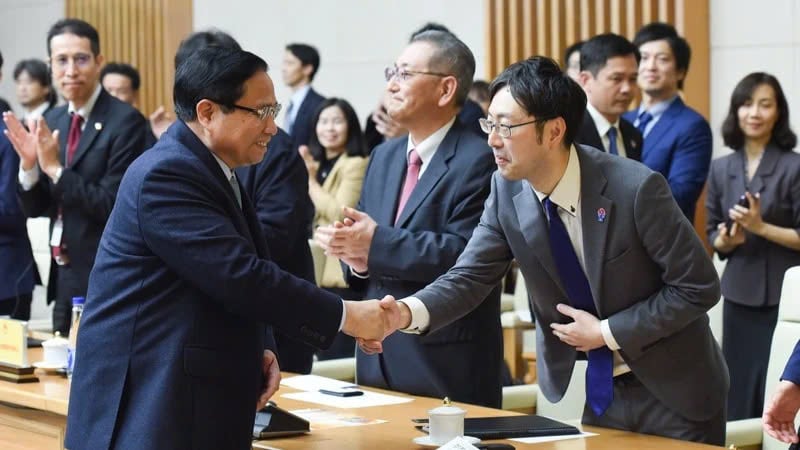



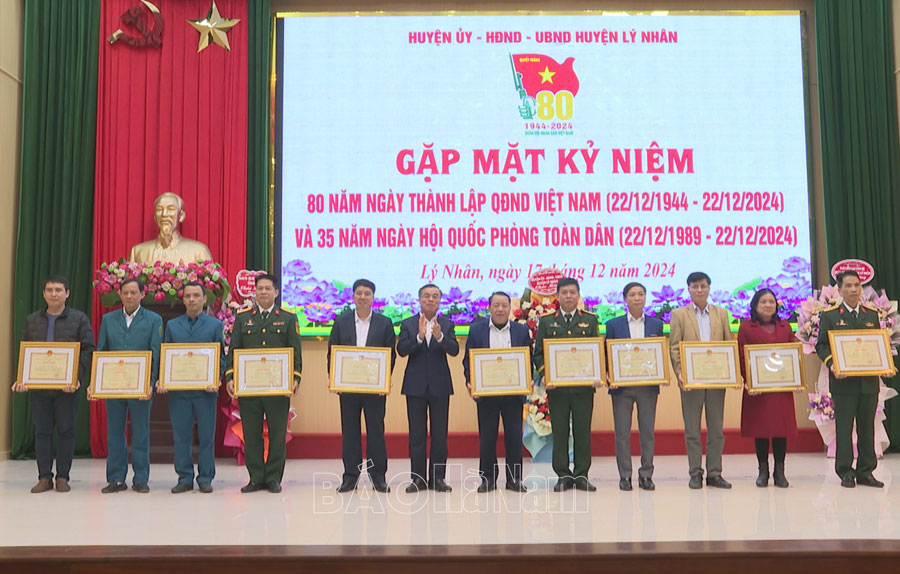







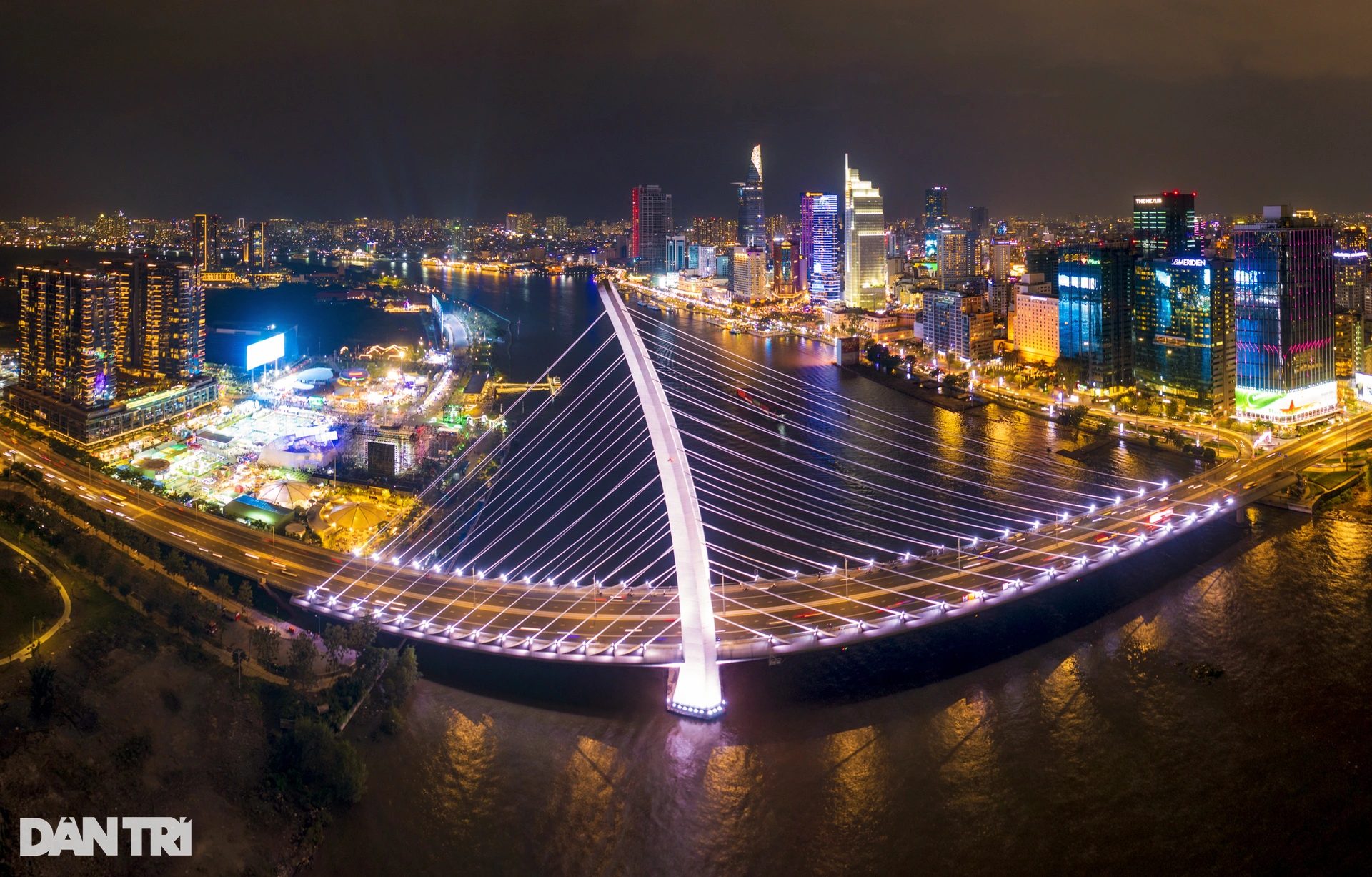











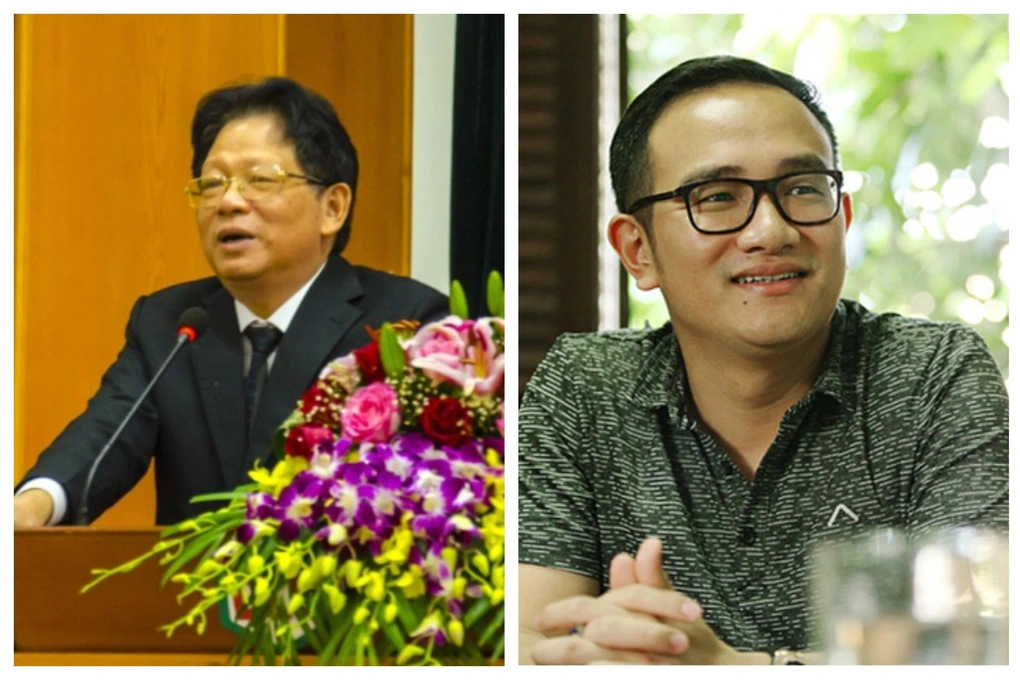



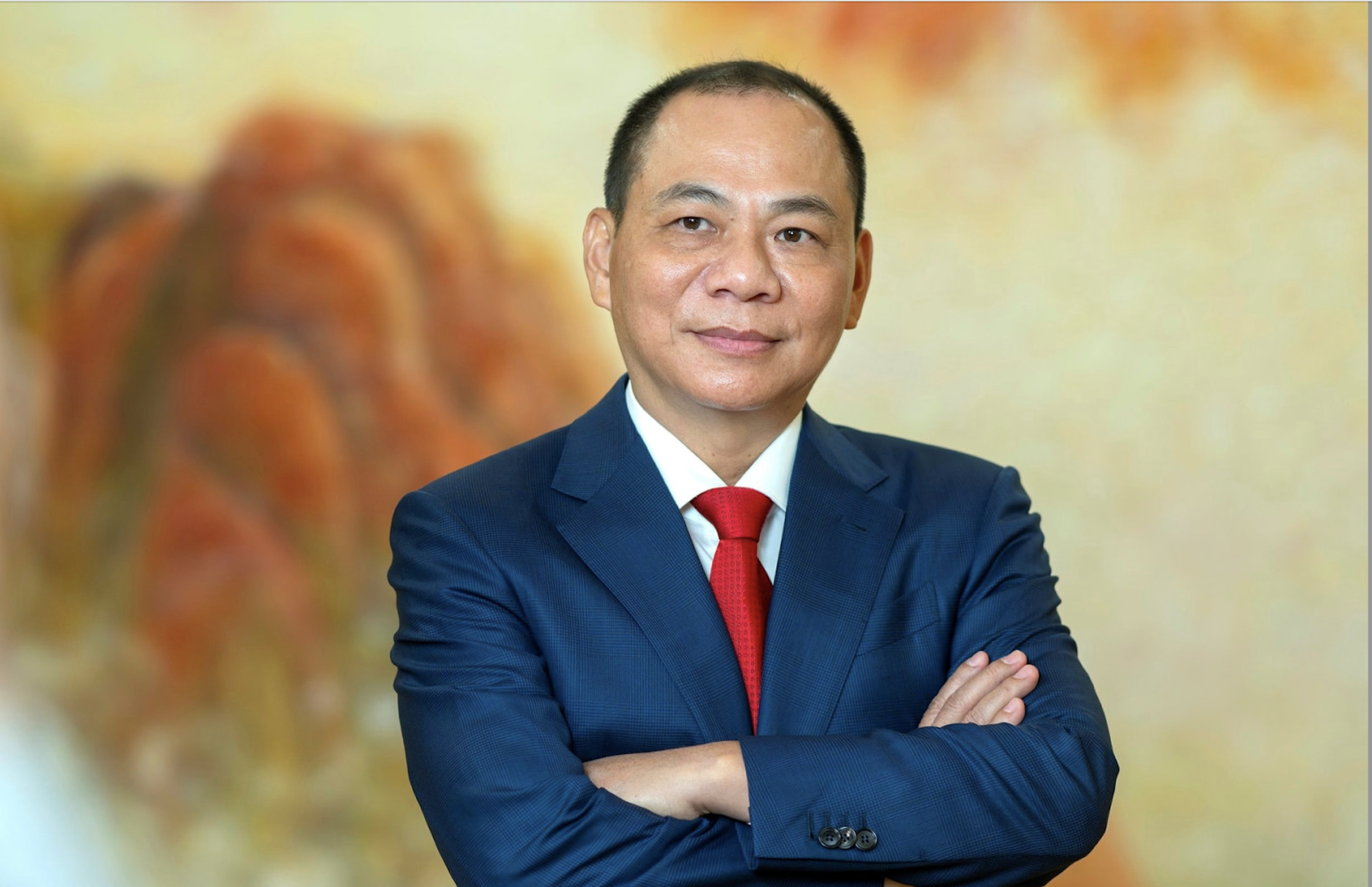











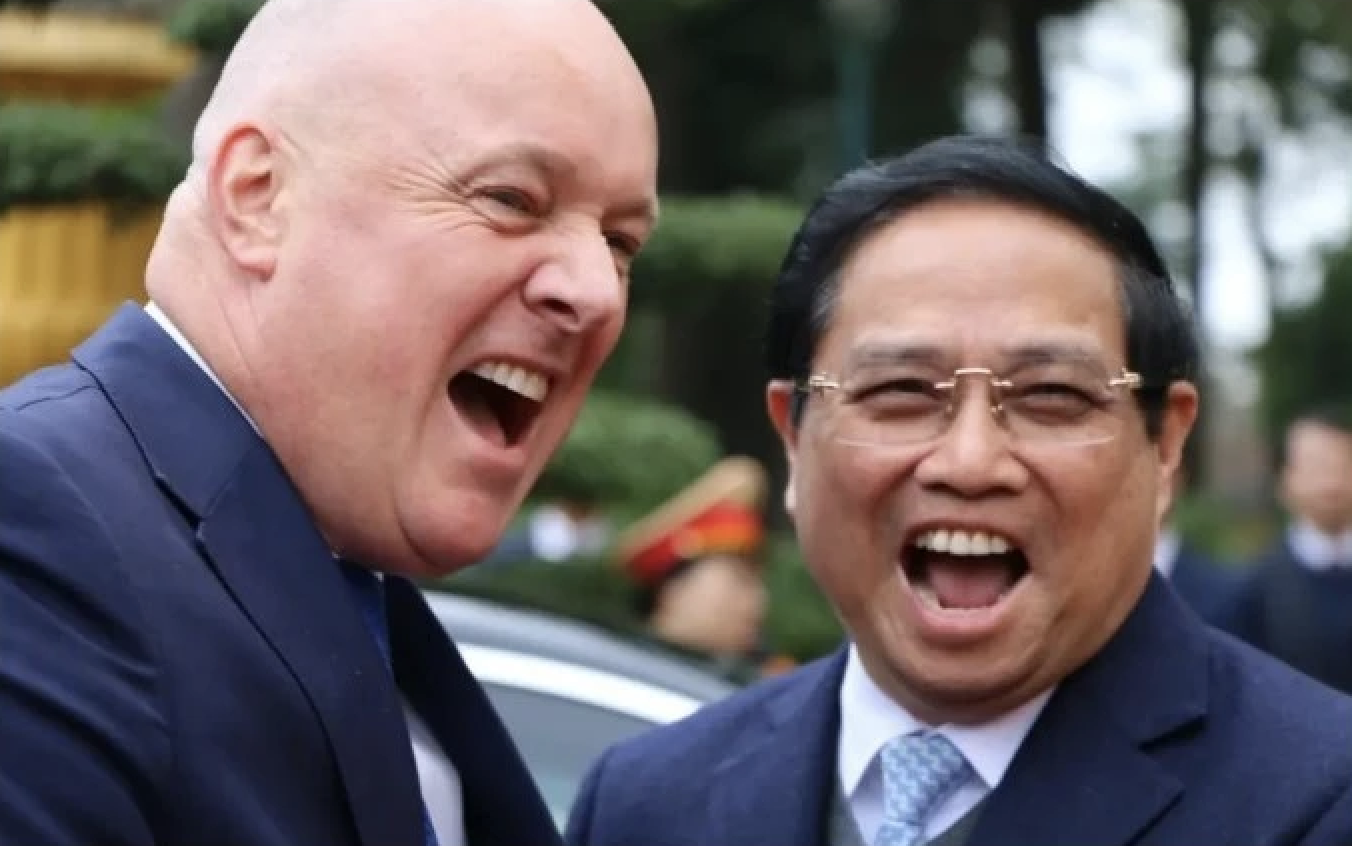





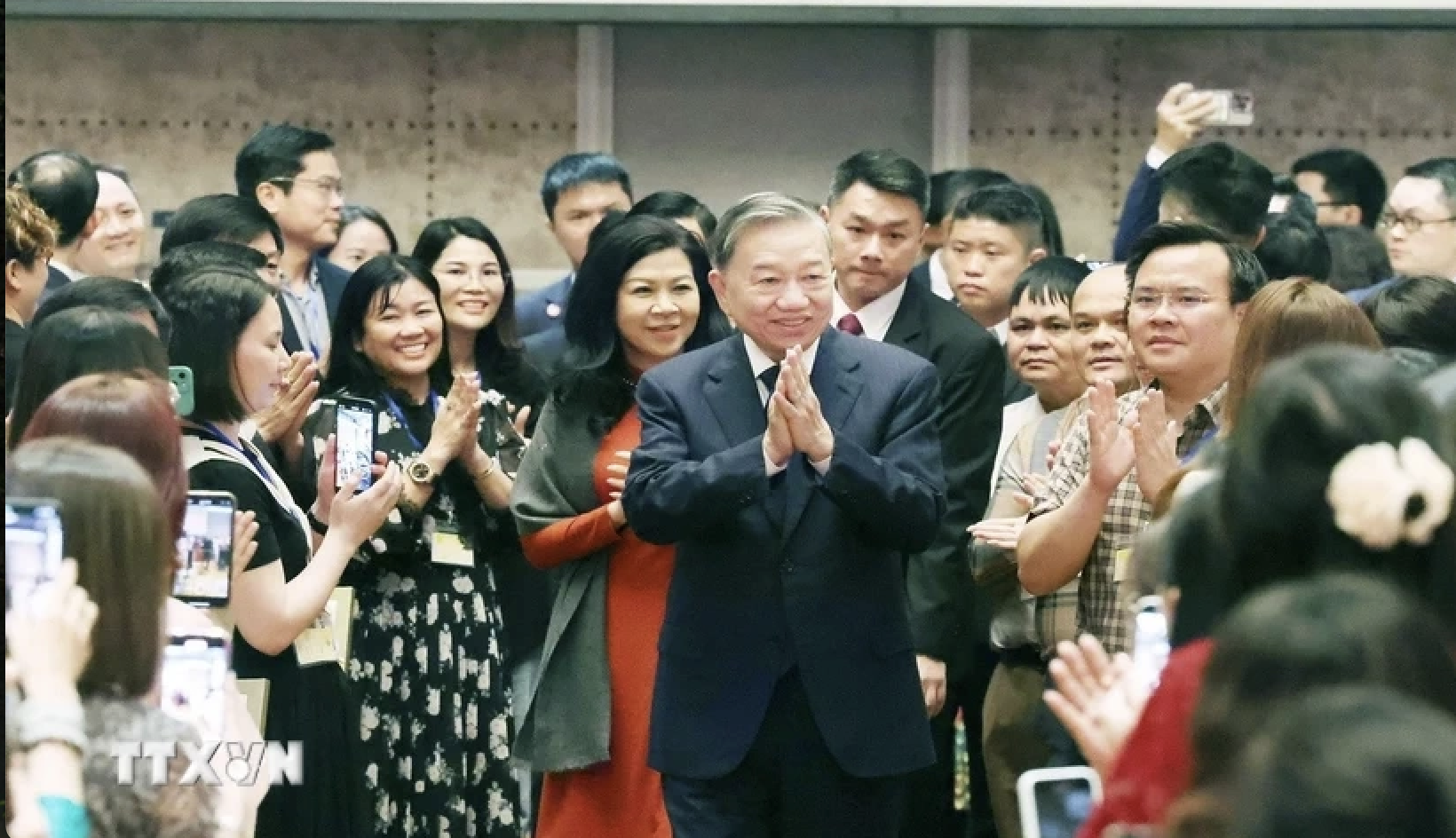
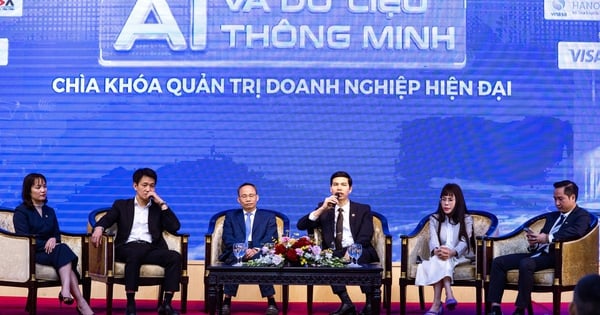

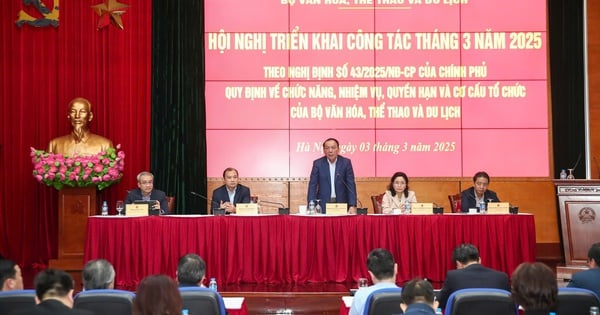




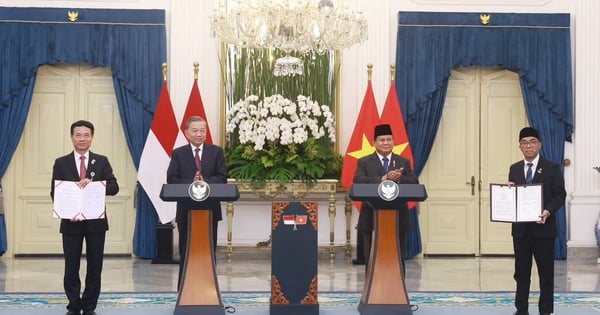
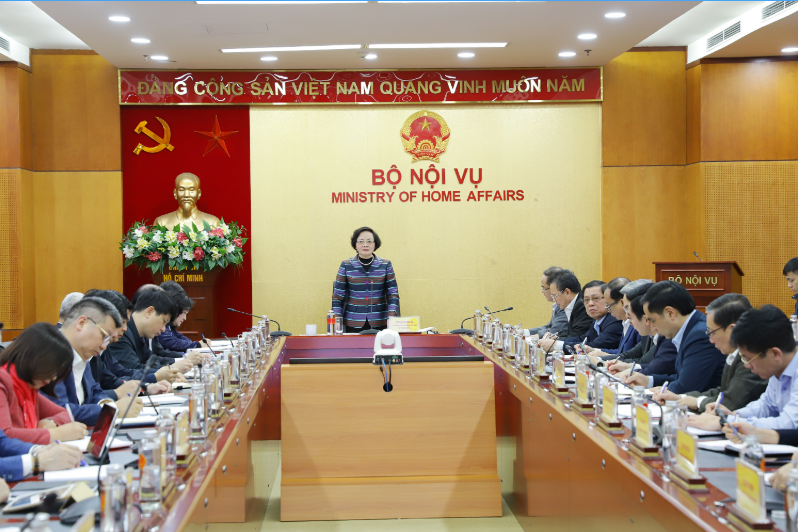










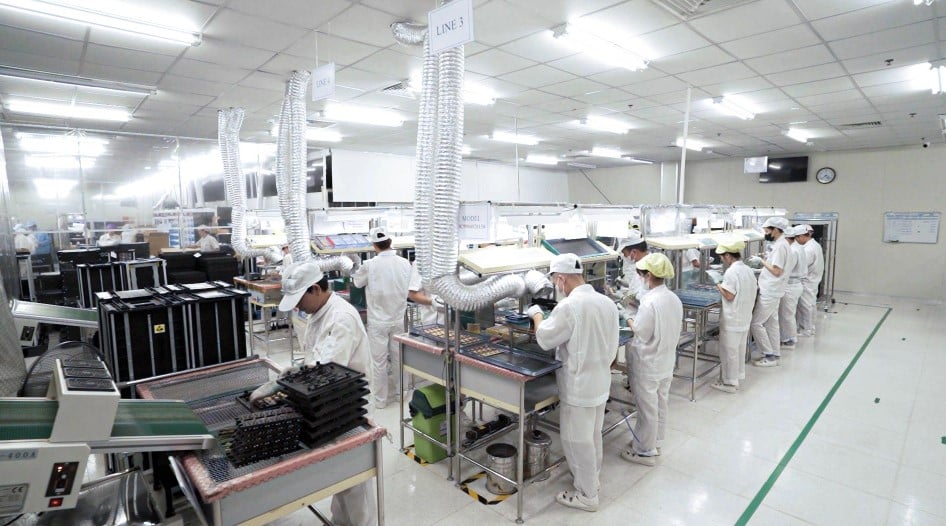






Comment (0)